Buy [Audio] EP13 Workshop 40 – Feedback Informed Treatment: Making Services FIT Consumers – Scott Miller, PHD Course at GBesy. We actively participate in Groupbuys and are committed to sharing knowledge with a wider audience. Rest assured, the quality of our courses matches that of the original sale page. If you prefer, you can also buy directly from the sale page at the full price (the SALEPAGE link is directly provided in the post).
 [Instant Download] – Immediately deliver the download link after receiving the payment
[Instant Download] – Immediately deliver the download link after receiving the payment
[Audio] EP13 Workshop 40 – Feedback Informed Treatment: Making Services FIT Consumers – Scott Miller, PHD course with special price just for you: $15 $5
- Topic Areas:
- Workshop
- Category:
- Evolution of Psychotherapy | Evolution of Psychotherapy 2013
- Faculty:
- Scott Miller, PhD
- Duration:
- 1 Hour 11 Minutes
- Format:
- Audio Only
- Original Program Date :
- Dec 15, 2013
Description
Description:
It’s not a pretty picture. Available evidence indicates that the effectiveness of psychotherapy has not improved in spite of 100 years of theorizing and research. What would help? Not learning a new model of therapy. And no, not attending another CEU event or sorting through that stack of research journals by your desk. A simple, valid, and reliable alternative exists for maximizing the effectiveness and efficiency of treatment based on using ongoing client feedback to empirically tailor services to the individual client’s needs and characteristics. The Substance Abuse and Mental Health Services Administration recently deemed feedback informed treatment (FIT) an evidence-based practice. Research on the approach conducted at multiple sites across a wide range of clients and presenting complaints indicates that clinicians can improve the outcomes of those cases most at risk for failure by as much as 65% without having to change their preferred treatment approach or learn any new treatment techniques.
Educational Objectives:
- Explain how to track outcome using a simple and reliable measure.
- Demonstrate how to monitor and improve the therapeutic alliance via the use of a simple and reliable alliance measure.
- Describe how to use alliance and outcome data to identify cases “at risk” for treatment failure and/or drop out from services.
*Sessions may be edited for content and to preserve confidentiality*
![GBesy [GB] GBesy [GB]](https://www.gbesy.com/wp-content/uploads/2023/05/gbesy-Logo-full-100.png)
![[Audio] EP13 Workshop 40 - Feedback Informed Treatment: Making Services FIT Consumers - Scott Miller [Audio] EP13 Workshop 40 - Feedback Informed Treatment: Making Services FIT Consumers - Scott Miller](https://www.gbesy.com/wp-content/uploads/2023/07/Audio-Only-EP13-Workshop-40-Feedback-Informed-Treatment-Making-Services-FIT-Consumers-Scott-Miller-PHD.png)
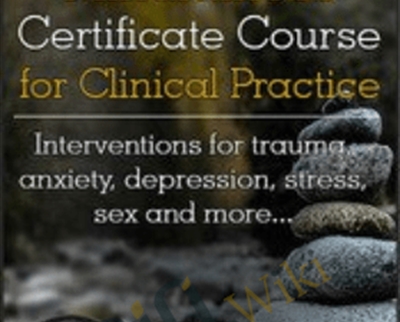

 Purchase this course you will earn
Purchase this course you will earn 
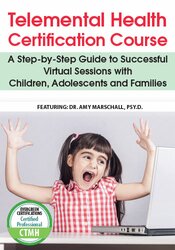
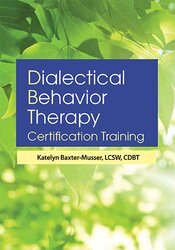
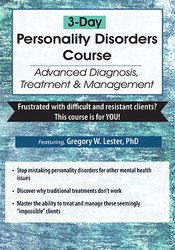
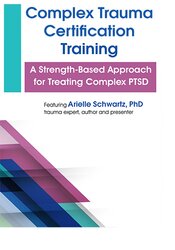
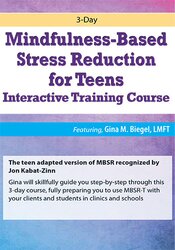
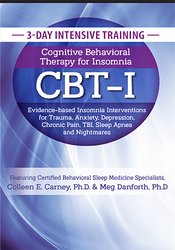
Reviews
There are no reviews yet.